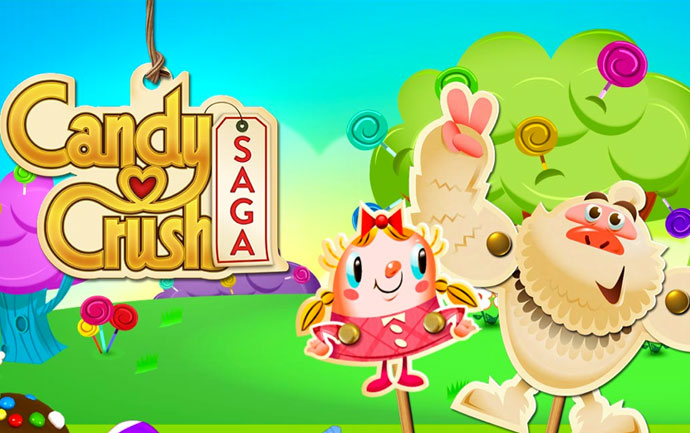Candy Crush Maker IPO Doesn’t Go So Sweet
King Digital Entertainment, the company behind the wildly addicting game you’re probably playing instead of reading this article, made its IPO debut today.
Joining the New York Stock Exchange under the ticker “KING,” shares opened at $22.50, valuing the company at $7.6 billion. It ended the day lower by 15 percent.
King isn’t the first mobile gaming company to go public. Zynga, the makers behind the highly successful Facebook game Farmville, went public in 2011 with a $7 billion valuation. In February 2012, Zynga’s stock price hit a peak of $14.69 per share, but has been on a downward decline ever since. Currently, Zynga trades around $5.80 a share. The company hasn’t been able to match its initial success that was brought by Farmville.
King is basking in the success of Candy Crush Saga, a mobile game, and investors are hoping the company can offer more than just a one-hit wonder.
There are additional worries about how King records how many users it has, an important metric for many prospective investors.
An individual playing Candy Crush on his cell phone while commuting to work and then later plays Candy Crush on his computer during their lunch break would be counted as two users. If the person then played on a tablet during the same period, he would be counted as three users,” said a report from PrivCo.com.
King says it Candy Crush Saga averages about 93 million daily users, according to the company. While most of its games are free to play, King makes its revenue off selling digital items to players who are looking for slight, in-game advantages. With the free-to-play model dominating the mobile gaming market, King is betting on a dedicated swath of users to continue paying for in-game extras. If any subset of those players were to leave, say for another addicting game, King would lose a majority of its revenue stream—a fear many investors have been vocal about.
King reported annual revenue of $1.9 billion and a profit of $568 million last year. These numbers are up from $164 million and $8 million, respectively, in 2012.
The future of King looks a bit cloudy. Let us know what you think in the comments below.










































